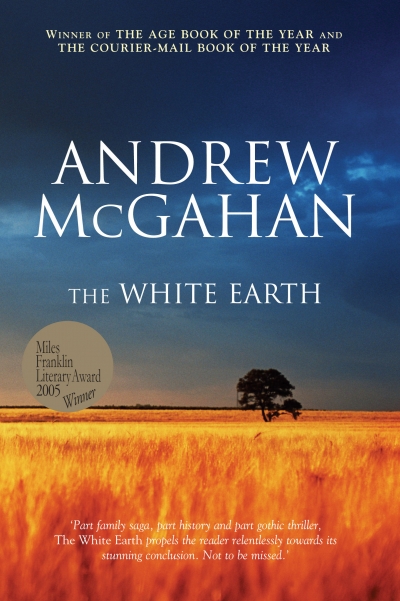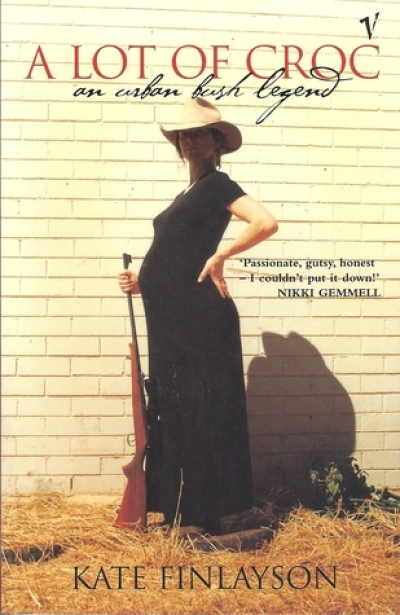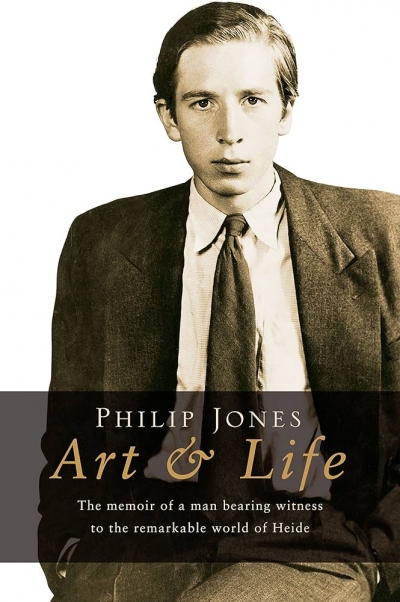Archive
Sybil’s Cave by Catherine Padmore & The Submerged Cathedral by Charlotte Wood
by Anna Goldsworthy •
Can I Call You Colin?: The Authorised Biography of Colin Thiele by Stephany Evans Steggall
by Margaret Robson Kett •
It is difficult to choose the reader for this poem.
I have left its windows open
so you might as well climb inside
where you can be safe for now from weather,
and though you’re already feeling intrusive
think of yourself as a museum visitor
to a reconstruction of a life now silenced.
The bed, I know, has not been made
but the silver cutlery on the formal dining table is meticulous.
You will not be roped out of any room
and you can be confident
the writer left before you and your party arrived.
The place is left as realistic as anything you might write yourself.
Dirty clothes (for instance) are piled into a predictable straw basket,
their odour not quite animal or human, ... (read more)
I have left its windows open
so you might as well climb inside
where you can be safe for now from weather,
and though you’re already feeling intrusive
think of yourself as a museum visitor
to a reconstruction of a life now silenced.
The bed, I know, has not been made
but the silver cutlery on the formal dining table is meticulous.
You will not be roped out of any room
and you can be confident
the writer left before you and your party arrived.
The place is left as realistic as anything you might write yourself.
Dirty clothes (for instance) are piled into a predictable straw basket,
their odour not quite animal or human, ... (read more)









